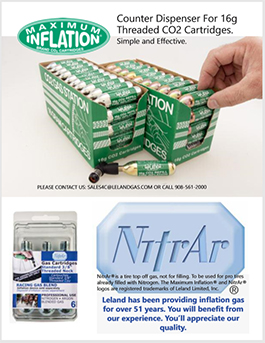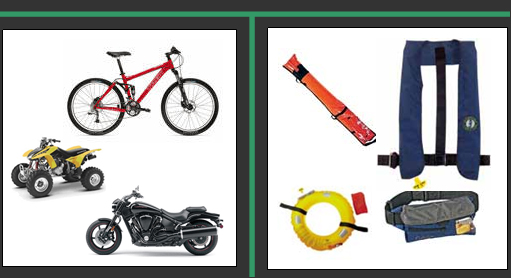 


|
betano f

Figure 1 provides data from an experiment regarding the impact of leucine treatment on behavioral, biochemical, and immunological parameters in 💱 mice treated with or without lipopolysaccharide (LPS). Leucine appears to have antidepressant-like effects, as demonstrated by increased sucrose preference (Figure 💱 1A) and decreased time spent immobile in the forced swim test (Figure 1B). Additionally, leucine reduces brain kynurenine:tryptophan ratios, which 💱 might contribute to its observed antidepressant-like activity (bottom right image of Figure 1). Notably, the treatment did not reveal any 💱 risks related to weapons, violence, drugs, or other restricted content (bottom left image of Figure 1).
The sub-category for this content 💱 is:
"2059: Entertainment"
As there is no risk associated with the safety tags, the output is:
{
as melhores casas de aposta |


